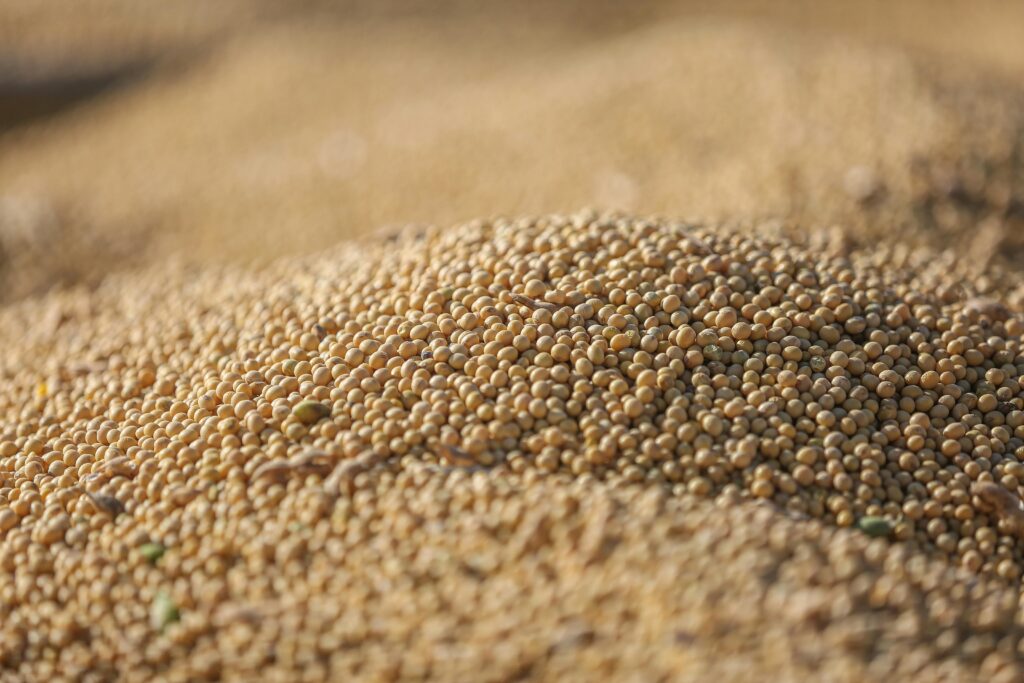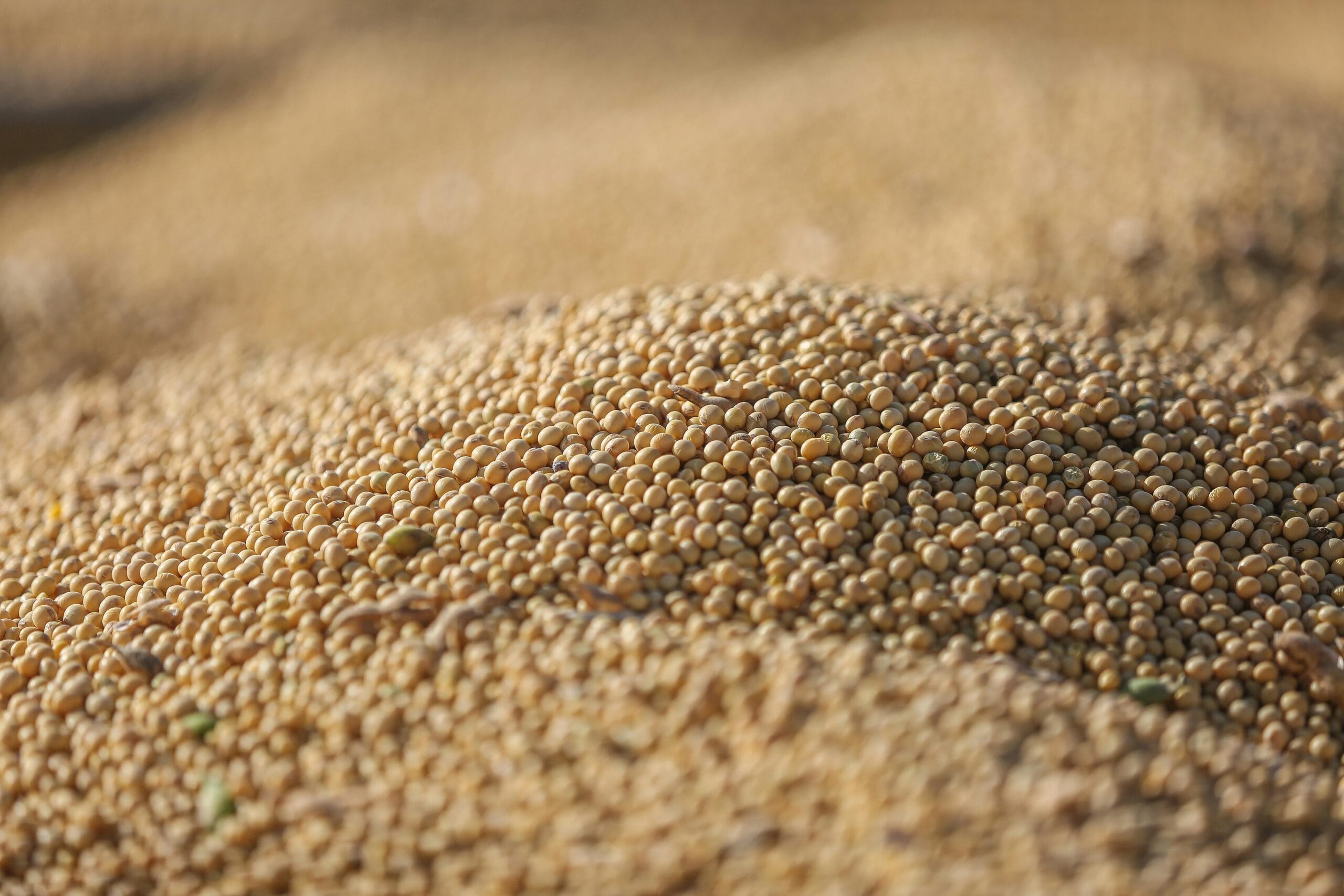Soya and Menopause:
A Superfood That Shouldn’t Be Overlooked 

Summary
- Introduction to Soya
- Health Benefits and Uses
- Soya and Menopause
- Dosages and Safety
- Contraindications
- Research and Useful Links
1. Introduction to Soya
Soya is a nutrient-rich legume originally from Asia, widely valued for its high protein content and health benefits. Traditionally used in Asian cuisine, it has gained popularity worldwide. Soya is available in various forms, including soya beans, tofu, soya milk, and tempeh.
2. Health Benefits and Uses
Soya offers a range of health advantages, especially for people seeking plant-based alternatives. It is an excellent source of plant-based protein, omega-3 fatty acids, fiber, vitamins, and minerals. Here are key benefits:
Heart health: Soya can help reduce cholesterol levels and support cardiovascular health.
Antioxidant power: Rich in isoflavones, which act as antioxidants and protect the body from oxidative stress.
Weight control: Its high protein content promotes satiety, which may support healthy weight management.
3. Soya and Menopause
There is growing interest in the connection between soya and menopause. Soya contains isoflavones—plant-based compounds that mimic estrogen in the body. These natural phytoestrogens may help relieve common menopausal symptoms such as hot flashes, night sweats, and mood swings. Studies suggest that regular soya consumption may enhance the quality of life for women during and after menopause.
4. Dosage and Safety
For noticeable effects, consuming around 25 grams of soya protein per day is generally recommended. This can be achieved through foods like tofu, soya milk, or tempeh. Still, it’s essential to maintain a balanced diet and avoid relying solely on soya products.
5. Contraindications
While soya is safe for most individuals, some people may experience allergic reactions.
Additionally, those with a history of hormone-sensitive cancers should consult a healthcare provider before adding soya to their daily routine.
Alimentary consumption should be limited if soya is an ingredient in a food supplement, to avoid reactions.6. Research and Useful Links
Many clinical studies have explored soya and menopause as well as broader health impacts. You can find reliable information from these sources:
National Institutes of Health (NIH) – Isoflavones and menopause
Other natural options for hormone balance include flaxseeds, red clover, and chasteberry.
Soya is a powerful, plant-based food with proven health benefits. If you’re navigating menopause, adding soya to your diet may offer natural symptom relief and nutritional support.









